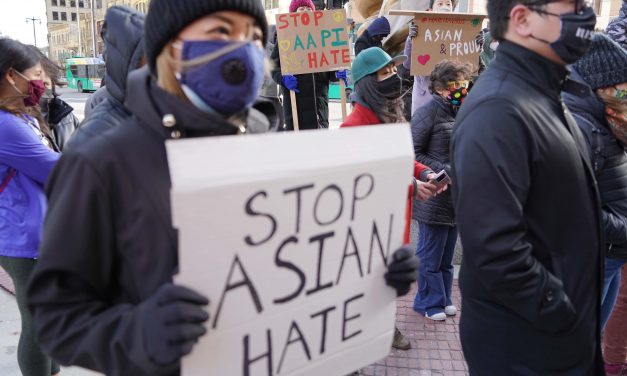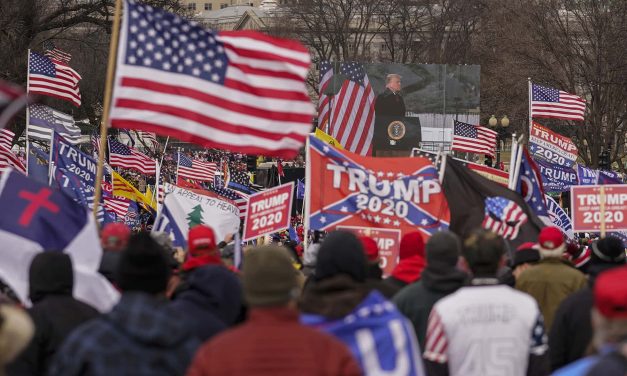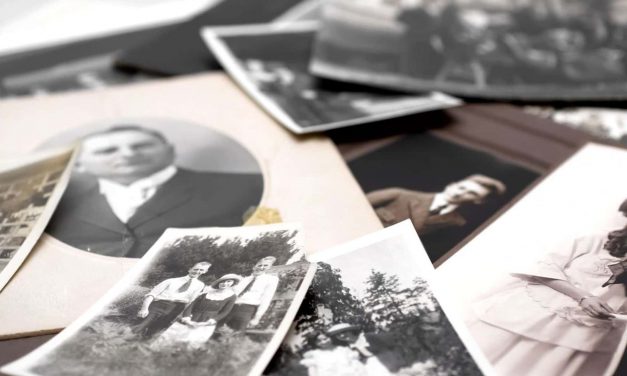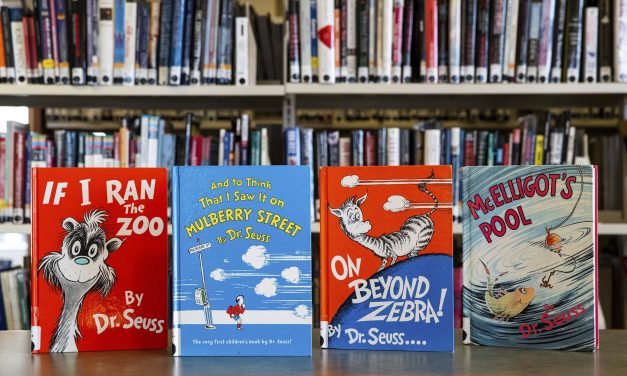Abuse of Power: Why corporate domination of the U.S. food system is creating widespread hunger
By Philip H. Howard, Associate Professor of Community Sustainability, Michigan State University; and Mary Hendrickson, Associate Professor of Rural Sociology, University of Missouri-Columbia Agribusiness executives and government policymakers often praise the U.S. food system for producing abundant and affordable food. The fact is, however, food costs are rising, and shoppers in many parts of the U.S. have limited access to fresh, healthy products. This is not just an academic argument. Even before the current pandemic, millions of people in the U.S. went hungry. In 2019 the U.S. Department of Agriculture estimated that over 35 million people were “food insecure,”...
Read More















